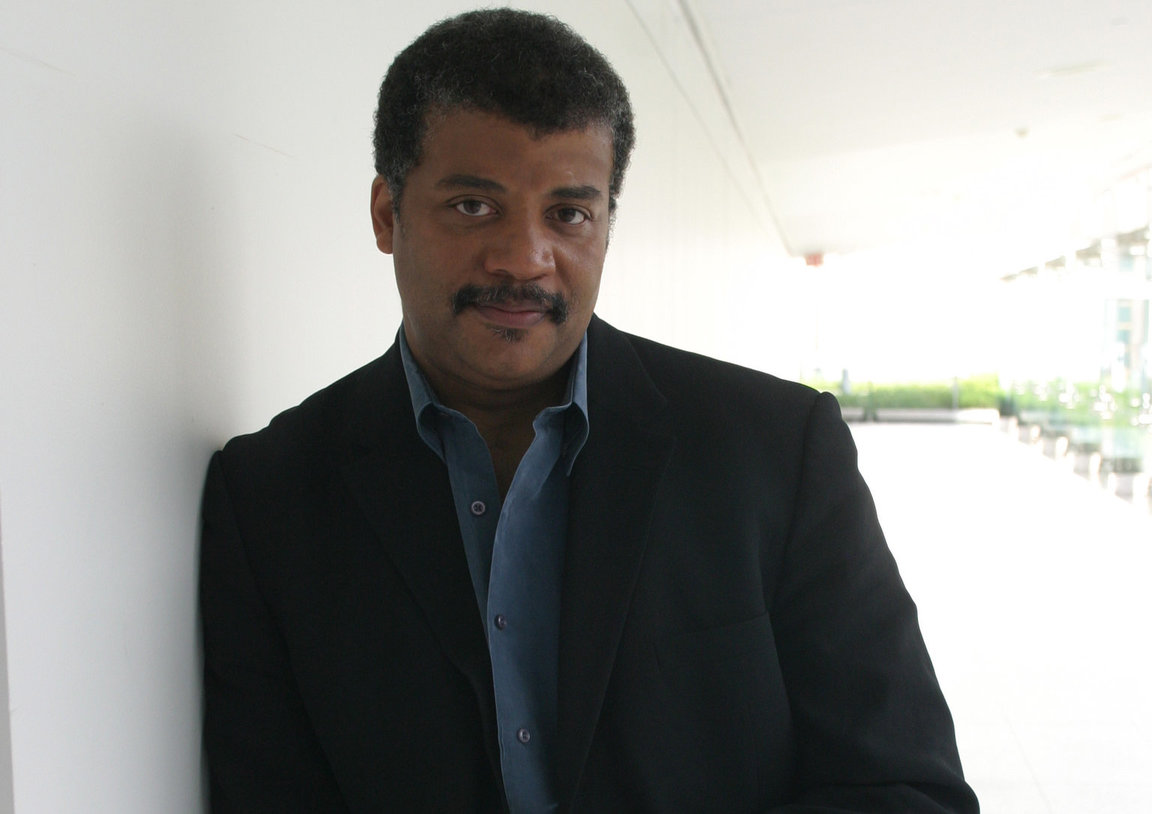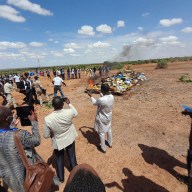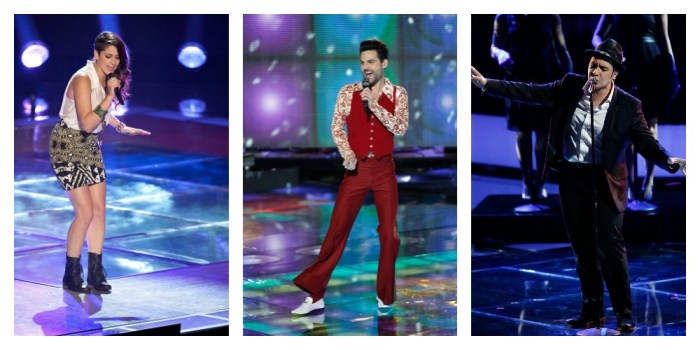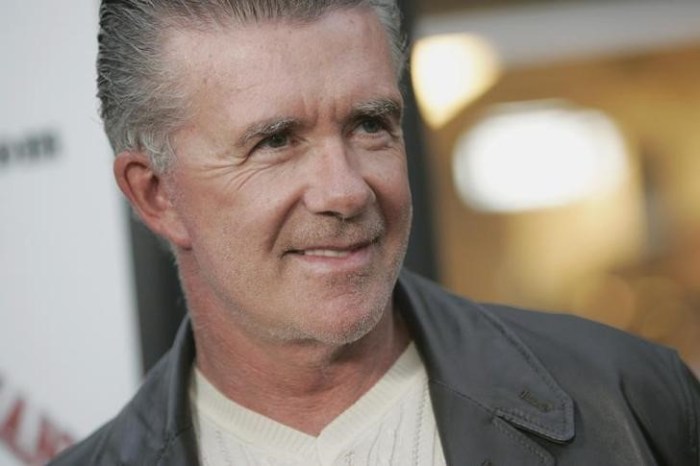Whether you’re an astrophysicist like Neil DeGrasse Tyson or not, “Startalk” will pique your interest in science. Now in its third season on the National Geographic channel, the series makes science accessible to everyone, featuring a range of guests from every corner of pop culture. We got to chat with Dr. Tyson about the shows beginnings, the importance of science literacy in everyday life and even get an unexpected science lesson about global warming. Before the TV show, “Startalk” was a podcast. What inspired the concept? This new season has been fantastic. I had no idea Whoopi Goldberg was such a “Star Trek” fan. So I read that you had an early start — even giving lectures at age 15. After all these years of doing this, how do you stay inspired and excited? Your show is making science accessible to all. How can knowledge of science improve the lives of everyday people? Interesting. That’s the clearest explanation of global warming I’ve ever heard. New episodes of “StarTalk” air on Mondays on theNational Geographic Channel.
Part of it was that I wanted to educate people. I could have a radio show where I only interview scientists, but then it presupposes that you already like science. And, we have shows for that. There’s the very well done “Good Science Friday” on NPR. But suppose you don’t know that you like science or suppose you think you don’t like science. How do you ever reach those folks? So when my fellow executive producers and I created the show we said, “Why not have me as the host and then we interview people who are not scientists?” They don’t have to know any science [to be on the show] — it’s my job to reveal how science has touched their lives and their livelihood. Then the listening audience learns how ubiquitous science actually is in our culture.
Well, that’s the thing: It’s a geek safe space. When in other interviews, the people might not come out [as a geek], but with me they almost confess. Like, “I memorized 30 digits of pi when I was in the 6th grade.”
Yeah, my first “professional lecture” where I was paid, I was 15 at a college in New York. I think it was one of their extension schools where adults go back and learn more. Every college has one of these but are called different things. So I gave a talk to adults and I did it. And then they sent me a check in the mail and I was like, “Whoa!” And I felt kind of cheap. It was like “Wait a minute — I didn’t sweat. I didn’t toil. I didn’t struggle. I was just describing the universe.” It’s like asking someone how many cushions are on the couch in their living room. [Pause] And it was $50 in case you wanted to know. But I had just turned 15, it was 1973 and it was an infinite amount of money.
I channel cosmic energy from the universe. [Laughs] No, but thanks for noticing that. It’s not as deep as it sounds. When I am tasked in touching the public in any way — television, radio or documentary — why not focus your energy into that moment? I mean just think about it. Think about all the things you spend energy on that really don’t even deserve it — like the video game you are trying to finish, or the energy we use to do nothing. I just take the energy that is available to me and focus it. Then afterwards, I go home and couch potato. It’s focused energy — that’s all it is.
Think of it as science literacy, not as science. So for example, if someone was going to tell you, “Buy these crystals and rub them together and it will heal your ailments.” Just take that situation. Well, it is as equally intellectually lazy to say, “Yeah, give them to me. I need those,” as it is to say, “Aw that’s baloney. Get out of here.” Both of those are equally lazy responses because they required no work. What requires work – and I think it’s a fun kind of work – is to assign science literacy to ask questions. So you say, “Well, what are these made of? And by what mechanism do they work? And what evidence do we have that they work at all? And where did they come from? And show me an example.” You do this and by the end of it, the person runs away because they’ve got nothing to defend it. So science literacy is not so much a body of knowledge as it is as a means or method of asking questions.
If someone says, “Why do you think humans are causing the warming of the planet?” Rather than saying we are and rather than saying we’re not, you ask what is behind that. And then you can say, “Well, we studied migration patterns of animals and it is slowly changing because their habitats are warming sooner than they once did. We also see an increase in mosquitoes because the winters are not as cold, which normally camps down their population in the spring, but now they’re coming back with vengeance. We see this in the records of temperatures that are frozen into the layers of snow in glaciers.” And they say, “Oh my gosh, that’s interesting. And when did that all begin?” “That all began in the 1800s.” “Well, what happened?” “That’s when we started pulling fossil fuels out of ground and burning them.” “Well what’s wrong with burning them?” “Carbon Dioxide is a byproduct of this and in the lab you can see that Carbon Dioxide traps heat. It traps heat wherever it is.” “Do you have any examples of this?” “This atmosphere is 100% Carbon Dioxide and thick.” “Oh well, what temperature is it?” “It is 900 degrees Fahrenheit. That is hotter than a pizza oven.”
Yeah, so now you do what you want. I just told you what the scientific community says. I am not going to tell you how to vote, how to think, what to think. But I’ll try to empower you how to think because thinking about information and data is part of what makes, not only an enlightened person, but it makes a responsible citizen in a free democracy.
Neil deGrasse Tyson gives us an unexpected lesson on global warming

Chris Cassidy














